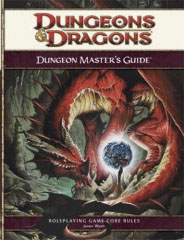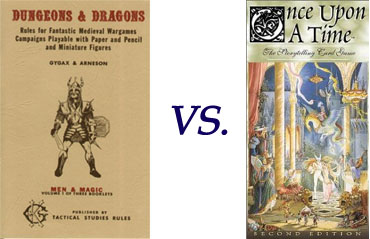Bill Zebub
“It’s probably Matt Mercer’s fault.”
I'm not sure that it having something to do specifically with their own character's personality or motivations in inherently necessary. I mean, conceivably a mechanic could be designed in such a way that participants are expected to use it in relation to other characters or even world building situations.
So, for example, my off-the-cuff idea in the Star Wars thread, where Droid characters could (perhaps by spending a resource) declare that they have found a data port. Something like that?





